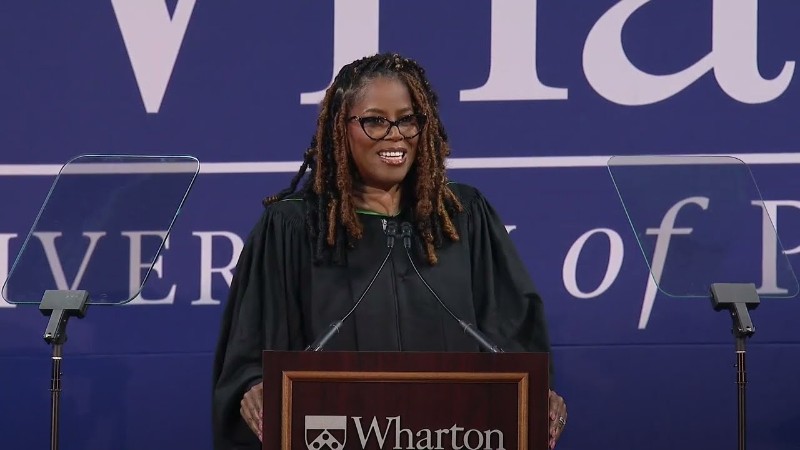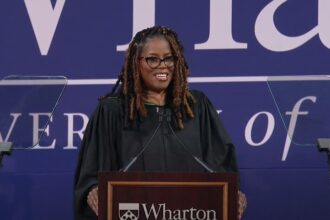In 2025, nine Black CEOs are leading Fortune 500 companies, the most we’ve ever seen. Two years ago, there were just six. The jump might not seem huge at first glance, but it marks real movement. Corporate leadership is finally starting to reflect more of the world outside the boardroom. Slowly, the gap is narrowing.
These leaders are changing the game
Names like Thasunda Brown Duckett at TIAA, Marvin Ellison at Lowe’s, Calvin Butler Jr. at Exelon, and Chris Womack at Southern Company, one of the largest utilities in the U.S., deliver electricity and natural gas to millions while investing in cleaner energy and grid innovation.
Duckett leads TIAA, a financial services firm that manages retirement plans for millions of teachers and nonprofit workers. Michael Hyter, CEO of The Executive Leadership Council, continues to make this clear: diversity isn’t a trend, it’s a business strategy.
The companies doing it right aren’t just talking about representation; they’re tying it to growth, innovation, and performance. Take Exelon, for instance, a major U.S. energy provider serving millions across several states.
Under Calvin Butler Jr.’s leadership, the company has pushed forward not just on energy infrastructure but on building a more inclusive internal culture. DEI done well builds trust, drives results, and prepares companies for the future.
Culture still starts at the top
When the CEO believes in building opportunity, it shows in the company’s culture. Research from The Executive Leadership Council backs this up: Black executives tend to stay with companies that actively support them and tie inclusion to long-term goals. When leaders prioritize people, the entire organization benefits, morale rises, turnover drops, and teams perform better.
What does this mean for the future
If you’re aiming for leadership or helping someone who is, this moment matters. Black CEOs are leading at the highest level, and their success is opening doors for others. Stay ready. Keep building your skills. Surround yourself with people who recognise your value. and progress.
Key Takeaways
The number of Black CEOs leading Fortune 500 companies has reached an all-time high of nine, marking a significant step towards greater diversity and inclusion in corporate leadership.
- Impact – Increased diversity at the top leadership level can lead to better company performance, innovation, and a more inclusive internal culture.
- Action – Companies should prioritize diversity, equity, and inclusion (DEI) strategies by tying them to business goals and actively supporting underrepresented executives.
- Empowerment – Aspiring leaders should build their skills, surround themselves with supportive networks, and stay ready for opportunities as more pathways open up.








